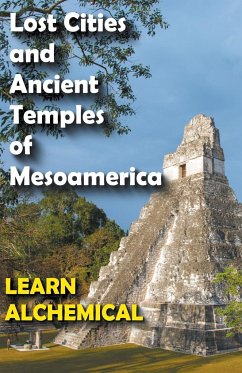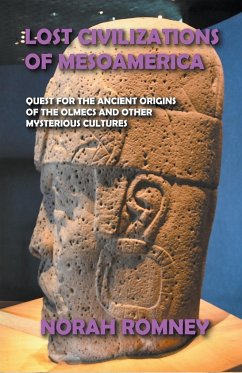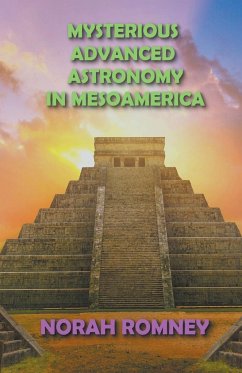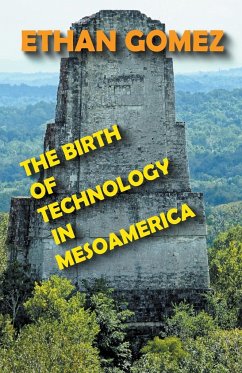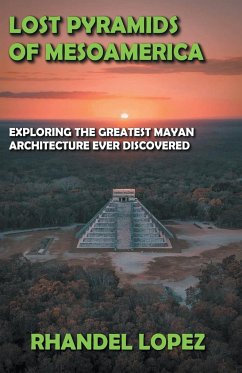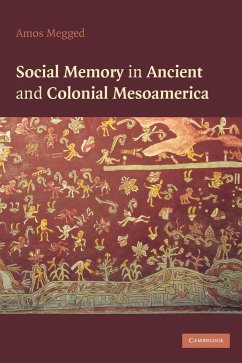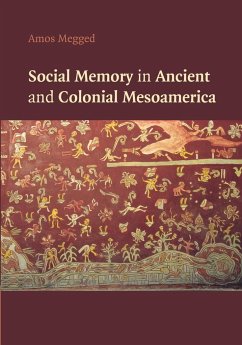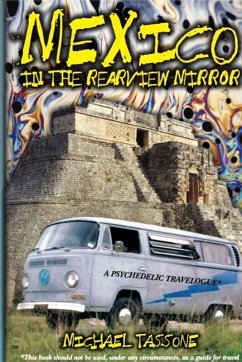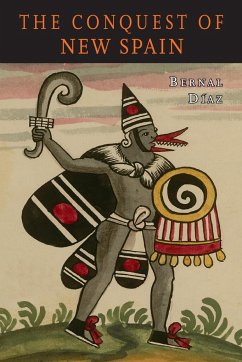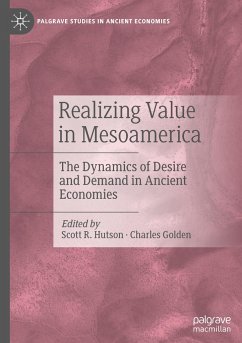
Ancient Origins of Mesoamerica
Versandkostenfrei!
Versandfertig in 1-2 Wochen
19,99 €
inkl. MwSt.
Weitere Ausgaben:

PAYBACK Punkte
10 °P sammeln!
The Central Andes, Mexico, El Salvador, Honduras, Guatemala, Nicaragua, Costa Rica, Peru, and Bolivia all have deep roots in their pre-Columbian civilizations. The first chapters of Latin America's history correspond to those who inhabited it before encountering Europeans. This is especially true in Mesoamerica. The objectives are to show the development of the peoples and high civilizations of Mesoamerica before the arrival of the Mexica (Aztecs) in the Valley of Mexico (1325); second, to examine the key features of the political and socioeconomic organization, as well as the artistic and int...
The Central Andes, Mexico, El Salvador, Honduras, Guatemala, Nicaragua, Costa Rica, Peru, and Bolivia all have deep roots in their pre-Columbian civilizations. The first chapters of Latin America's history correspond to those who inhabited it before encountering Europeans. This is especially true in Mesoamerica. The objectives are to show the development of the peoples and high civilizations of Mesoamerica before the arrival of the Mexica (Aztecs) in the Valley of Mexico (1325); second, to examine the key features of the political and socioeconomic organization, as well as the artistic and intellectual achievements achieved during the fourteenth and fifteenth centuries under Mexica (Aztec) rule. Finally, present a vision of Mesoamerican life on the eve of the European invasion (1519), between North and South America's solid continental masses; the area of Mesoamerica (that is, the region where it developed with great cultural difficulties, which reached an area of about 900,000 km2 when the Spaniards arrived), with its varied isthmic characteristics and geographical features, such as Tehuantepec and Fonseca Gulfs, the Yucatan Peninsula, and the Gulf of Honduras Gulf. German specialists, such as Eduard Seler, introduced Mittel Amerika over 70 years ago to denote the region where high indigenous cultures flourished in central and southern Mexico. Norah Romney focused attention on what he called Mesoamerica many years later. The concept of Mesoamerica goes beyond geography. High indigenous culture and civilization have also developed and unfolded in various forms and periods. When the Spanish invaded in 1519, its northern borders were the Sinaloa River to the northwest and the Panuco to the northeast; it extended beyond the Lerma River basin in the north-central part. Its southern limits were the Motagua River that empties into the Gulf of Honduras in the Caribbean, the south shore of Lake Nicaragua, and the Nicoya Peninsula in Costa Rica, and these locations developed highly advanced cultures, showing a greater degree of geographical and ecological diversity than any other region of comparable extension in the entire planet. There is a complex geological history in the region. Recent volcanic activity and mountain formation have played a vital role in the shape of various natural regions. The mountains have two volcanic axes, one that runs east-west along the southern limits of the Valley of Mexico and the other that runs northwest-southeast through Mexico and Central America.





